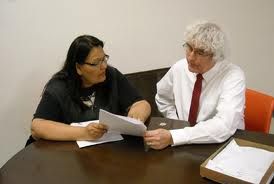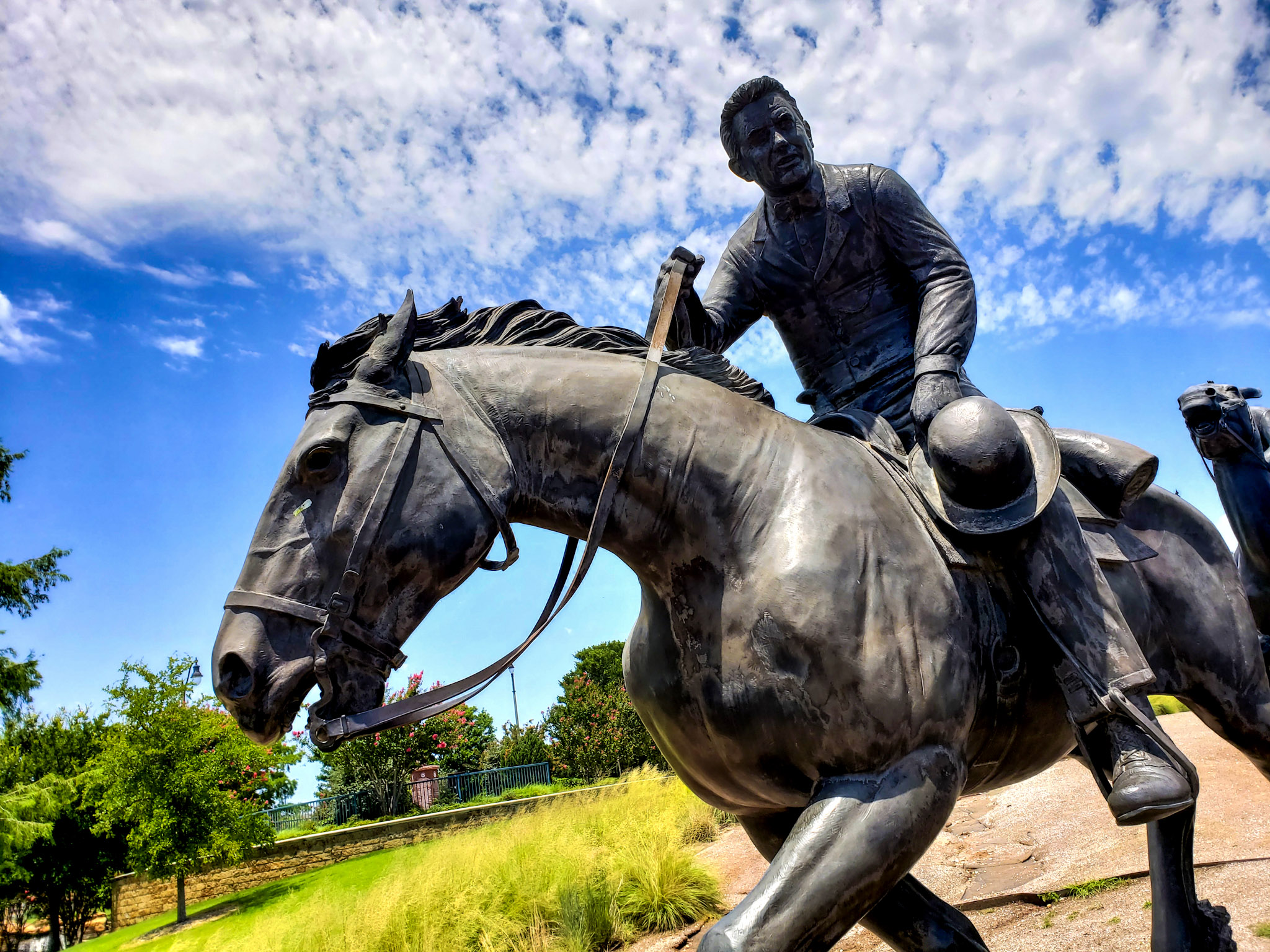 |
| available on Amazon and all ereaders |
Two weeks ago, I wrote about the "Lakota Spring," including a pair of upcoming hearings organized by the Standing Rock Sioux Nation in preparation for the summit. The BIA agreed to the summit after members of Congress, under pressure from Sioux tribal members, demanded an investigation into reports that South Dakota state officials intentionally engaged in repeated violations of the Indian Child Welfare Act [ICWA] by improperly removing Indian children from their families and placing them in white foster or adoptive homes. In any other context, we'd call that what it is: Kidnapping. In South Dakota, it's called capitalism, since it's a moneymaker for both white families and the state.
Well, after much apparent hemming and hawing, the BIA has released its agenda for the summit - an agenda, I remind you, that was supposed to be a joint project between BIA officials and tribal leaders.
And it's a whitewash. In the multiple senses of that term.
Yes, I do know this, because I've seen the agenda.
Standing Rock officials agreed to this summit on condition that it would address the facts of the kidnapping of their children and work to correct the ongoing violations. They did not agree to help cover them up. Among their very reasonable conditions was that former South Dakota Senator James Abourezk, the original architect of the ICWA, be included in the program to speak about the conditions that compelled him to act in the first place. (Here's a hint: The conditions in 1970s Indian Country looked very much like the conditions in South Dakota today.)
I've seen no official public response from the BIA yet, and I'm not taking bets at this point as to whether the summit will actually occur.
Read more here: http://www.dailykos.com/story/2013/04/29/1205473/--New-Day-This-Week-In-American-Indian-News-ICWA-Summit-Off-Racists-Apps-Movies-Powwows#



























